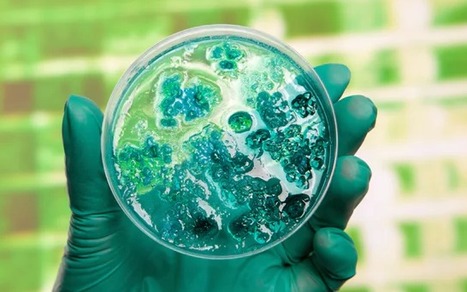Antibiotics can leave the lung vulnerable to flu viruses, leading to significantly worse infections and symptoms, finds a new study in mice.
The research discovered that signals from gut bacteria help to maintain a first line of defence in the lining of the lung. When mice with healthy gut bacteria were infected with the flu, around 80% of them survived. However, only a third survived if they were given antibiotics before being infected.
"We found that antibiotics can wipe out early flu resistance, adding further evidence that they should not be taken or prescribed lightly," explains Dr Andreas Wack, who led the research at the Francis Crick Institute. "Inappropriate use not only promotes antibiotic resistance and kills helpful gut bacteria, but may also leave us more vulnerable to viruses. This could be relevant not only in humans but also livestock animals, as many farms around the world use antibiotics prophylactically. Further research in these environments is urgently needed to see whether this makes them more susceptible to viral infections."
To test whether the protective effect was related to gut bacteria rather than local processes in the lung, the researchers treated mice with antibiotics and then repopulated their gut bacteria through faecal transplant. This restored interferon signalling and associated flu resistance, suggesting that gut bacteria play a crucial role in maintaining defences.
These studies were published in Cell Reports:



 Your new post is loading...
Your new post is loading...








